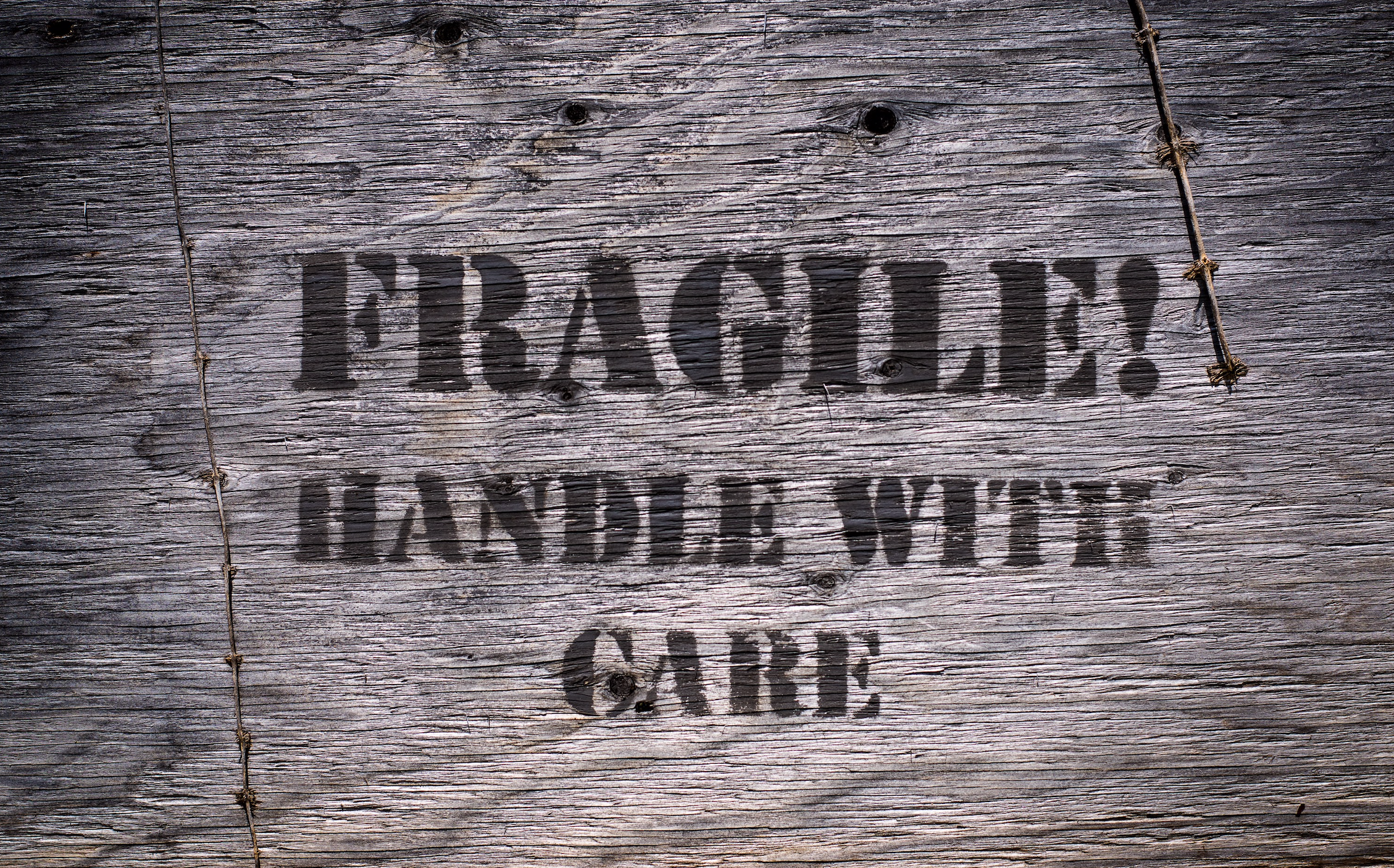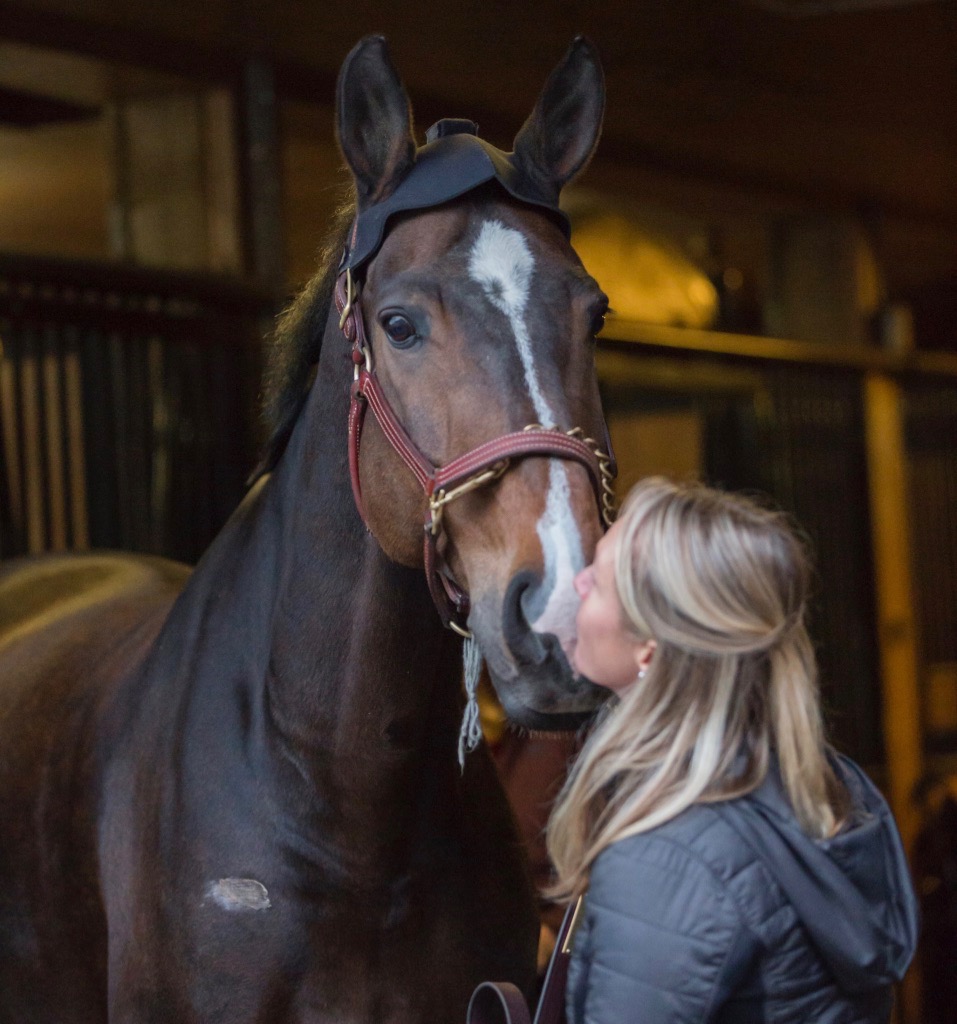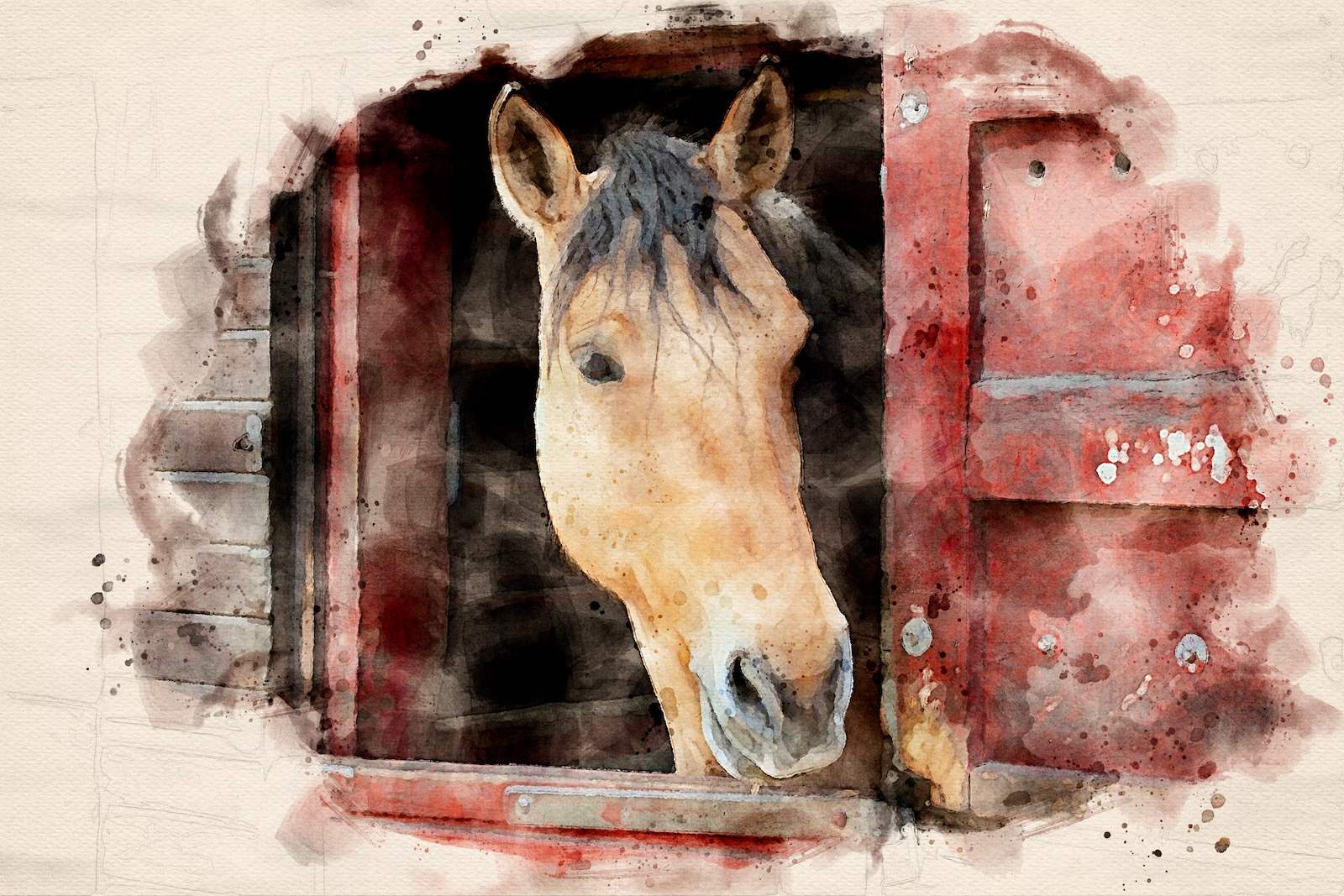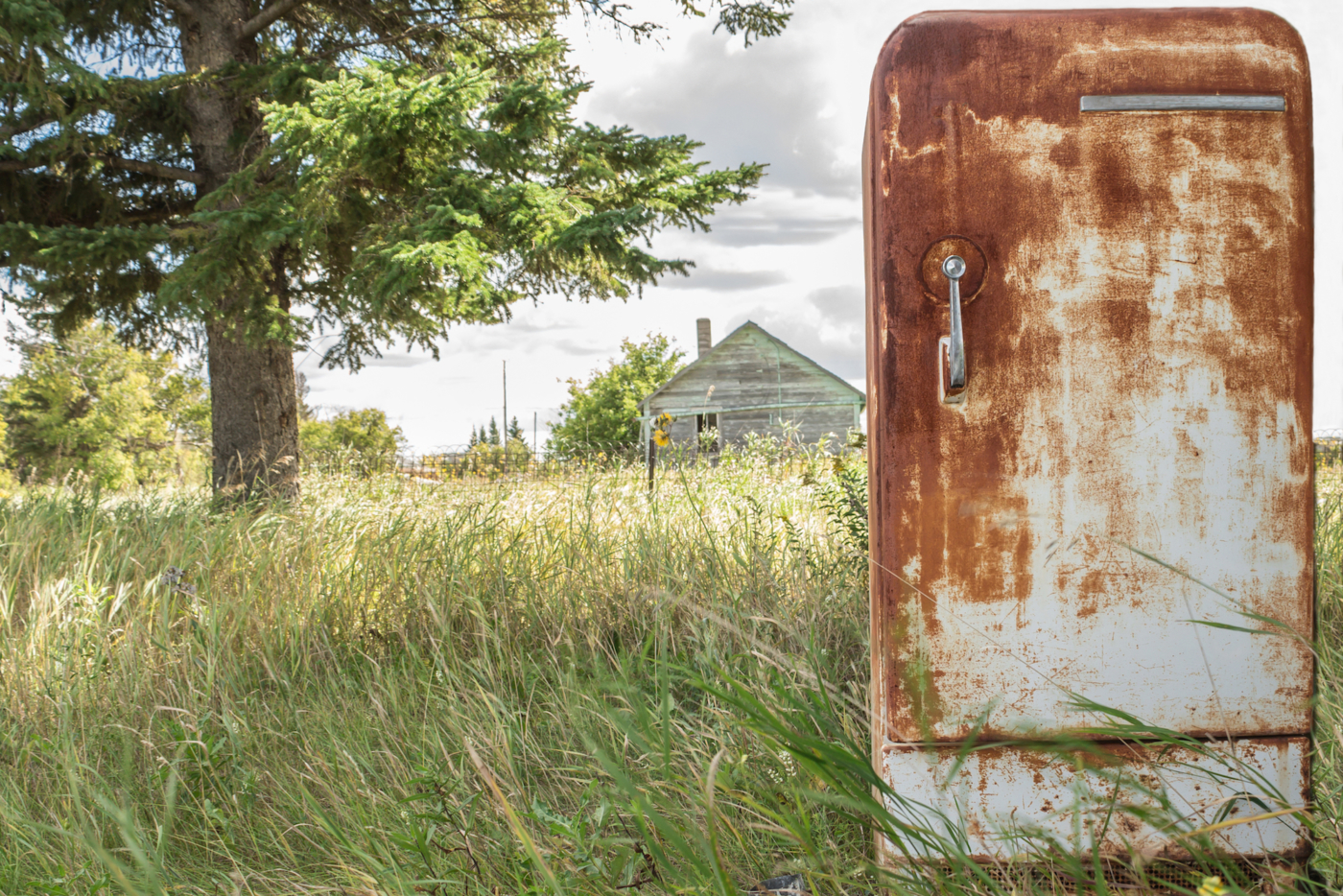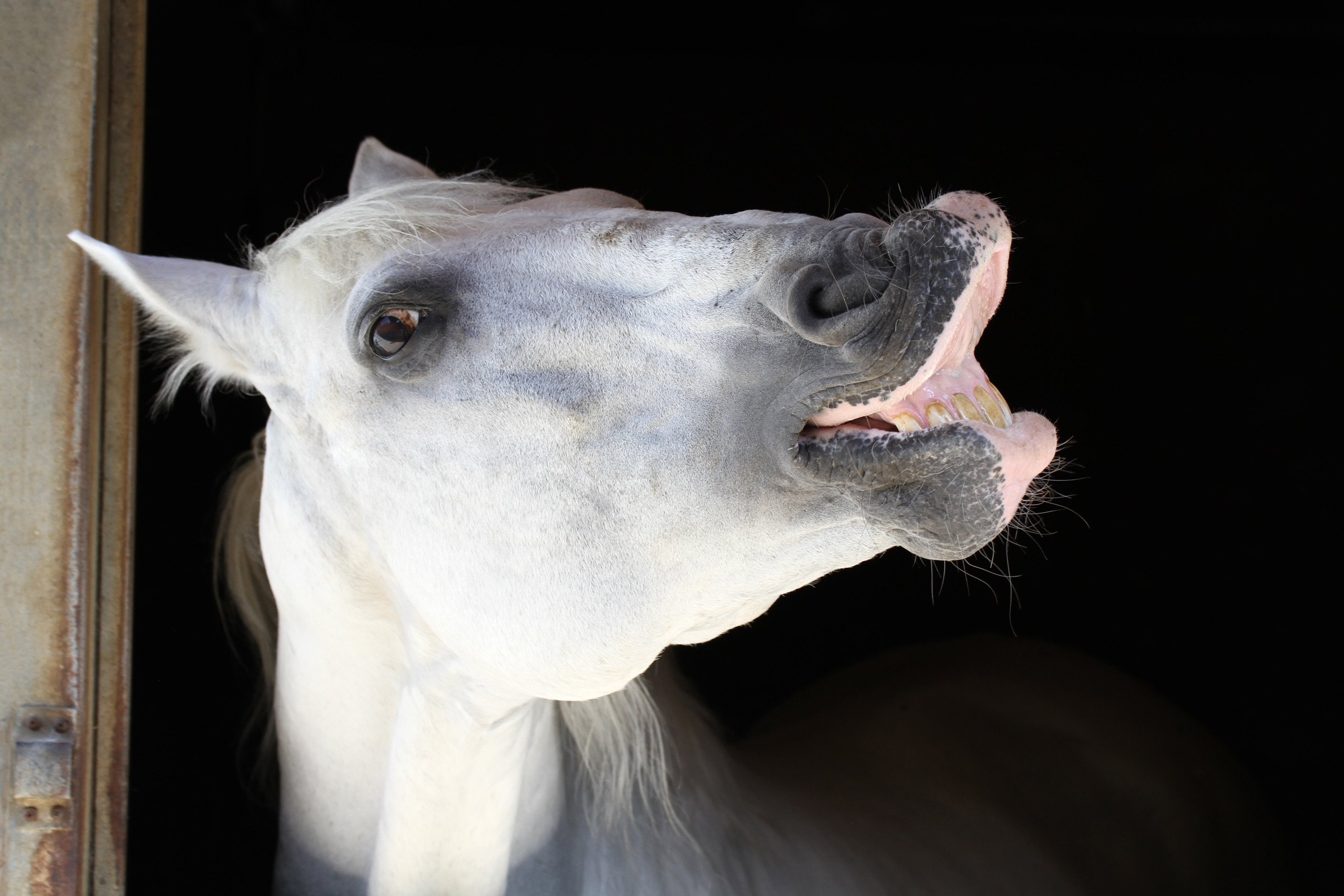Way back in 2008, OR co-founder Courtney purchased a gelding from Wisconsin. A shipper was found online and hired after what Courtney thought was proper due diligence. We’ll spare you the specific details, but she was wrong. A less than two-day trip stretched into a four-day journey during which the horse never left the not-as-advertised trailer, and when he finally arrived he was starved, freezing, exhausted, and terrified. Thankfully the horse recovered (he is now happily retired at OR HQ), and a valuable lesson was learned.
Since then, the OR geldings have traveled up and down the eastern seaboard like FedEx, following the seasonal sunshine. Just this week, Corona (OR’s resident eventer) embarked on the voyage to Aiken, South Carolina. Under the care of Scott Norris Horse Transportation, he arrived healthy and ready to kick off the winter season. Mr. Norris was kind enough to take a few minutes during one of his rest stops to answer some questions and provide some pointers for those who might be new to the process.

How did you get into the shipping business?
I’m 66 years old and I’ve been with horses all my life. My father was a harness horse trainer. I always worked around the track with my dad, and we always shipped our horses in a two-horse trailer to the races, then I spun off and started shipping other people’s horses. I was doing it all the time, so about twenty years ago I got into full time shipping. I started with a four-horse trailer, and then went to a six. Now I’ve got three trailers: a six, six, and 2-plus-1. So my wife and I have been in the shipping business for twenty years, and have progressed along the way, picked up a lot of customers, and a lot of repeat business which is always good!
We’re based out of Pinehurst, North Carolina. It’s really good horse country, and I’ve got a farm located at the Pinehurst Horse Track. I keep a ten-stall barn there with a couple of paddocks for layovers. It really helps for the Florida trips, or even Aiken sometimes. The other night we were going to get into Aiken at about three in the morning, so we laid over and came in the daytime. I think the clients appreciate it, and it’s really nice for the horses to break the trip up. Especially if we have a couple of stops, it just makes it easier on everyone – the drivers and the horses.
What’s the ideal notice you like to receive from a client before a horse ships?
I like two weeks. I will ship same-day if everyone has their documentation in order and I have room, but I prefer a couple of weeks to work the loads the way we like to work them.
What would you like to share with people who don’t ship often, or aren’t familiar with the process?
Sometimes people will tell me it is their first time shipping, and we walk them through it. We tell them what is required for paperwork, and give them some ideas about what should be done for the horse, as well as what to expect from the process.
First, they should get the paperwork in order: a health certificate and current coggins. The next thing I want to know is if the horse has ever shipped before. That’s very, very important. If it’s a horse that’s never shipped, my antennae go up and I have to plan for that and walk the owner through what we need to do in terms of stall space and those things.
Many people give bran mash and mineral oil to their horses before a long haul. Do you ever recommend this to clients?
I leave it to the clients. I like to see a well hydrated horse that is healthy to be shipped. I’ve never had a situation when I’ve shown up and a horse hasn’t been fit to ship. If they have their health papers and the vet is writing that paper up, I know they’re fit to travel. Bran mash isn’t a bad idea, and mineral oiling is the old school technique, and now something that’s very popular is the GastroGard. It cuts down on the stress when it comes to digestive issues, so I get a lot of people wanting to use that.
What’s your horse care protocol during long trips?
We stop along the way for water, and we combine our water stops with fuel stops. We always have two drivers so we never have a situation where somebody is getting tired and trying to push on anyway, so we also use the stops to switch drivers when necessary.
Do you have any recommendations for owners or customers to make the trip easier on the horses, or is there anything you ask them not to do?
I have a real problem with people putting bandages on horses. If they’re accustomed to them it’s fine, but if people ask me if they should bandage their horse, my first question is whether or not they bandage the horse in the stall at home, or at any other time. I want a horse comfortable when they ship. Some of them are comfortable in shipping boots, and some aren’t. I don’t want a horse getting on my trailer if shipping boots are a new thing for them, because that can be a problem. I’ll admit I’m in the class of people who believe shipping boots can be more trouble than they’re worth if they slip down or get kicked off. Especially in hot weather, I just don’t like that situation. I definitely don’t want shipping boots on in a box stall. The horses are moving around a lot and are very subject to having them slip down.

Would you like to share any anecdotes about your worst horse or client?
I’ve had some difficult horses to ship, and I’ve had some difficult clients to ship! Difficult horses don’t like getting on the trailer, or they don’t like getting off the trailer, or they just never settle into the trip. One that comes to mind is a dressage horse I hauled for a friend of mine, and we could put the horse in a straight stall or a slant stall or a box stall, but he was just a nut to ship. It was twelve hours of constant issues. Then my friend sent the horse back, and I had the misfortune to have to take him!
As far as the clients, 95% of them are easy to get along with. The biggest thing is to communicate. If you’re going to be late, tell them. If you run into traffic, tell them. We make a habit of staying in touch with the customers. It’s big. Sometimes you’re going to be late, but how you handle it is just simple customer relations.
Have you heard horror stories from clients about shipping experiences?
Yes, but the big one is “I want to do it myself.” They’ll want to go from New York to the Carolinas, and as a general rule they do that one time and they don’t want to do it again!
When trying to choose an equine transportation company, what questions should one ask?
First is how long they’ve been in business. It’s the very first thing. Then, a description of the equipment is necessary – and better yet, get a picture. I’ve got a website that shows photos of all of my trailers, all of my trucks, as well as my layover barn. Those are the two big things. Then: how many stops are you making; where are you laying over; how long is the trip going to be; will there be two drivers if it’s a long trip? If a shipper wants to stay in business, they’ve got to be truthful with all of these things. The other thing is price. If it sounds too good to be true, it probably is. You want a good price, but not at the expense of the welfare of the horse.
To me the main thing is the experience of the drivers and the general condition of the equipment. Is it good equipment? Is it clean? Is it well ventilated? I have a guy who specifically cleans my trailers and trucks on a regular basis. He disinfects them and cleans them, and we keep a regular schedule. The trailer I’m in today will go to JFK and bring some horses back. It will get disinfected and cleaned on Thursday for its next trip. We maintain them as well as we can, and most of the good shippers do. It’s good for sanitation, and it’s good for appearance to show that you’re on the ball as a company.
Is it difficult to find good drivers?
If you talk to anyone in the business, one of the biggest problems is finding experienced drivers that are good with horses. I have a total of five drivers and am really fortunate that several have been with me eight to ten years. They have a commercial drivers’ license, know the roads, the routes, how to reroute, and they have learned our protocol, our expectations, client service, and most important, horse handling.
For people who might be unfamiliar, explain quickly how the pricing works.
I have a set formula per mile/per horse and sometimes a multiple horse discount. To take a horse from New York to North Carolina on a specific day is what we call a special trip, and it’s expensive. If I’ve got three or four coming from and going to the same general location, the pricing is much lower. The more horses in the trailer, the better the price, because I spread it out across the owners.
I’ve been doing this a long time, and I know the dos and don’ts, but I still think the biggest thing I can do is communicate with my clients. There will be times when I’m running late, and things I can’t control. But as long as everyone is on the same page, I’ve done the best I can do.


